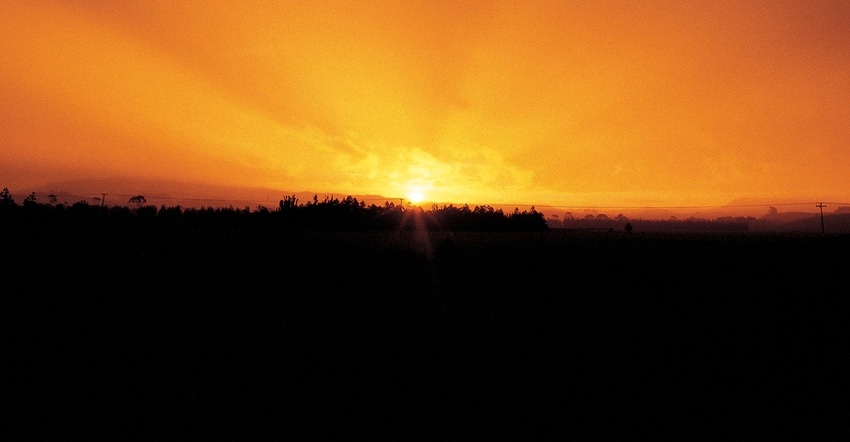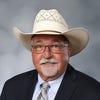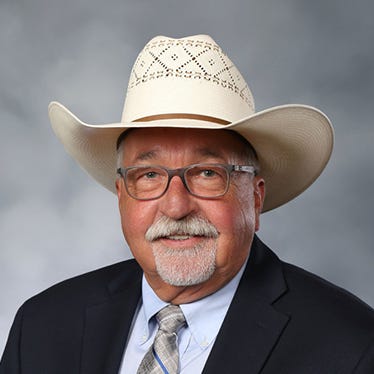August 9, 2018

I’m one of the lucky ones, I guess, because I found a few truckloads of hay to purchase at a price my banker said I could afford. It was a 35-mile round trip to get them home, so I spent several days recently in the cab of my truck, transporting the large bales to my farm and listening to more radio than I’m used to. An old song played that I hadn’t heard in many years: “My Heroes Have Always Been Cowboys.”
While most little boys of my generation probably dreamed of being the men whom Waylon Jennings sang about — those rodeo cowboys that could ride any bronc or bull, or rope anything within reach of their lasso — I dreamed of owning cows. While I admired and respected the men who rode and roped, my hero cowboys were the cattlemen who could seemingly overcome any hardship that came their way. Individuals who would brave the bone-chilling cold of a winter’s night to help an old cow give birth to her baby, or sweat gallons in a sweltering summer sun to make sure that same cow would have an ample feed supply for the next winter. They overcame droughts, floods, blizzards, market catastrophes and bank failures to keep doing what they loved.
I’m old, but I’m too young to have lived through the Dust Bowl days of the 1930s that drove tens of thousands of farmers and ranchers off their land because their farms couldn’t produce anything during that time. According to my father, I was born during the next big drought of the early 1950s, when rain was scarce and the temperatures reached 100 degrees F for weeks on end. He recalled having to cut down a tree every day just so the cows could eat the leaves for some nourishment.
In my lifetime, I’ve seen my heroes weather the drought of 1980, the floods of 1993, the ice storm of 2007, and whatever it is that we have going on now, and they are still in the cattle business.
I watched one of my heroes on the local TV news a couple of weeks ago. The reporter sat beside him on his UTV as they drove through parched pastures and by ponds that either were completely dry or, maybe, had a few days of water left in them.
“What are you going to do?” the seemingly concerned newsperson asked.
Calmly, my friend answered, “We’ll haul water, purchase feed, sell some cows, pray for rain, or whatever else we have to do for us and our cattle to survive. It’s not like we haven’t seen anything like this before, and if we live long enough, we’ll probably see it again. Somehow, we’ll make it.”
As I make my daily rounds, making sure the water supply is still sufficient and supplementing scorched pastures with a little extra feed, I’m reminded of what another hero told me many years ago: “Heck, son, if this was easy, everybody would be doing it.”
Crownover writes from Missouri.
About the Author(s)
You May Also Like






